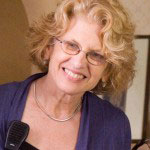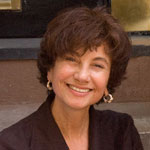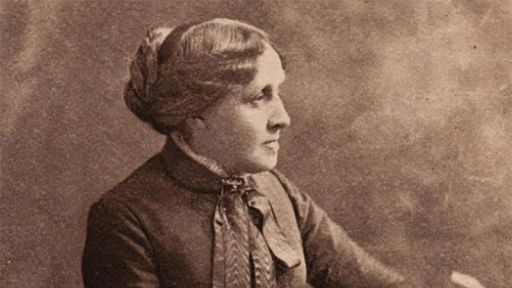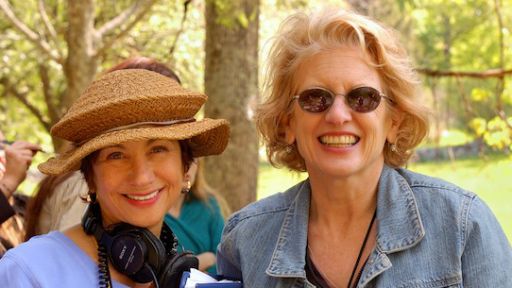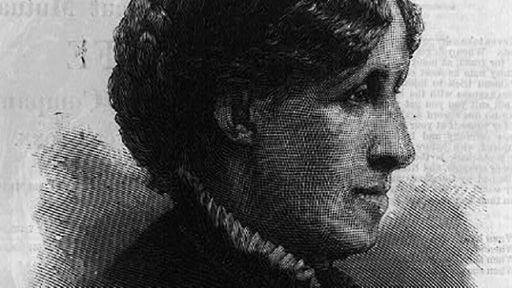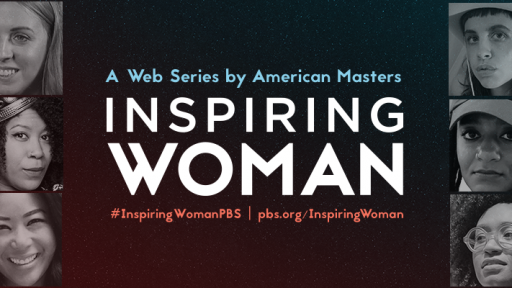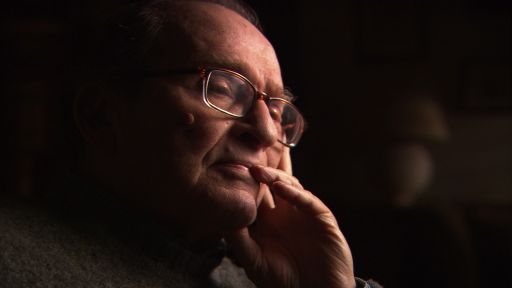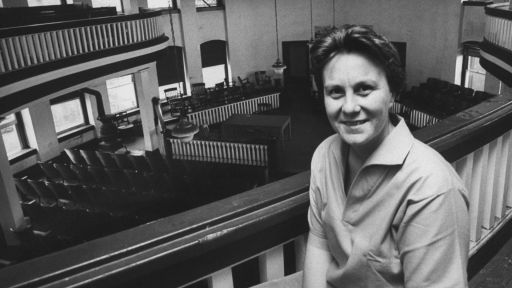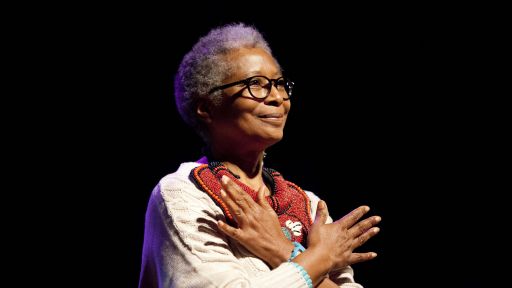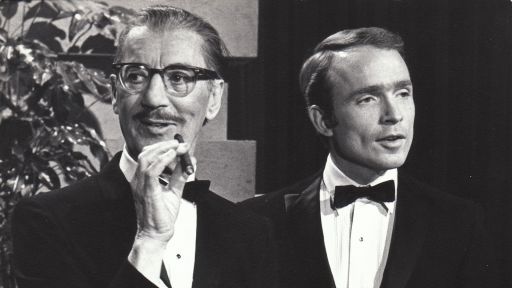Special encore broadcast airing May 20 in honor of “Little Women on Masterpiece” and “The Great American Read” on PBS
Originally aired in 2009
If you met her, you might think Louisa May Alcott was a contemporary. The challenge of Louisa May Alcott: The Woman Behind Little Women was to make a film about a modern woman who happened to live 150 years ago, when photography was in its infancy and film only a dream.
Most of my films have been portraits, and a subject’s psychology is ultimately what I try to convey. How to tell this story? Even if I had 20 times our budget, enough to make a small dramatic feature, I wasn’t interested in the fictionalizing that necessarily entails. I wanted to hew to the truth. Famous literary characters such as Ralph Waldo Emerson and Henry David Thoreau were going to figure heavily in the film. But how to present them in a way that was accurate but not stilted?
Working with Writer/Producer Harriet Reisen in a collaborative approach that was new to me, we developed an approach to let us present a flesh and blood Louisa – a subject to be experienced rather than learned about – while maintaining the fidelity to truth that is the power of documentary. All dialogue came from the characters’ own writings or firsthand accounts. We constructed scenes, and also had Louisa speak to the camera as if to an interviewer, or her niece, or a friend. We bypassed the distancing scripted omniscient narrator and used clips from interviews to carry the commentary and narrative links. Our lively cast of top scholars was joined by Geraldine Brooks, author of the Pulitzer Prize-winning March, who offered a novelist’s explanation of Louisa’s choice to leave her father out of the autobiographical Little Women. John Matteson, author of Eden’s Outcasts, a biography of Louisa and her father Bronson Alcott and winner of the 2008 Pulitzer for non-fiction, is another of our scholar-narrators.
We broke the news of the real cause of Louisa’s death through evidence in a portrait adduced by a pair of British doctors, and visited the two ancient ladies who found the clue to Alcott’s secret life as a writer of pulp fiction more than 50 years after her death. We filmed in original locations – Orchard House, where Alcott wrote Little Women, Fruitlands, where her father founded a disastrous utopian community, Emerson’s study, where she borrowed books from the great man, and other historic buildings. We used new imagery to supplement the usual archival visuals. To go into Louisa’s imagination and to convey her wild popularity and her enormous literary output we experimented with animation. Nineteenth-century photographs over green screen were used to represent the Paris Louisa and a charming man admire in 1870. Stills were stylized using digital aftereffects.
Louisa Alcott was an immensely complex woman. To play Louisa (and the characters she invented in thrillers) we chose the “peerless” (Ben Brantley, New York Times) Elizabeth Marvel, a three-time Obie winner (now starring in Caryl Churchill’s play “Top Girls” on Broadway) who plays opposite George Clooney in the recent Coen Brothers film Burn Before Reading. To frame Alcott’s rather amazing story, Jane Alexander played the role of her first biographer, Ednah Cheney. Their talents animated and ratified the approach we developed, and made the film live.
–Nancy Porter, Director/Producer (with Harriet Reisen, Writer/Producer)
Nancy Porter (Producer/Director)
Nancy has produced and directed numerous documentaries for PBS first as a producer at WGBH-TV Boston, and for the last 17 years as the owner of her own production company. Nancy has won many awards including a National Emmy®, an American Film Festival Blue Ribbon, three Cine Gold Eagle Awards and a Chicago Film Festival Gold Award. Porter was the first recipient of the Women in Film and Video New England Image Award for Vision and Excellence. In 2004, Typhoid Mary: The Most Dangerous Woman in America, her film for the PBS science series NOVA, was nominated for an Emmy® Award as Best Historical Documentary. Other Porter films for NOVA include High Tech Babies, Can You Still Get Polio?, Will Venice Survive its Rescue?, and Secrets of the Dead Sea Scrolls. Porter’s programs for the PBS history series American Experience are Amelia Earhart, The Wright Stuff, Richard Byrd: Alone on the Ice, and Houdini. Louisa May Alcott: The Woman Behind Little Women is Nancy’s first film for American Masters.
Harriet Reisen (Producer/Writer)
Harriet has been interested in Louisa May Alcott since her childhood marathon reading of Alcott’s eight young adult novels. Over the past twenty years, what began as an idea for a film biography of Alcott developed into a passion for the subject herself. A former fellow in screenwriting at the American Film Institute, Reisen has written dramatic and historical documentary scripts for PBS and HBO, and radio commentary for Morning Edition and Marketplace.

